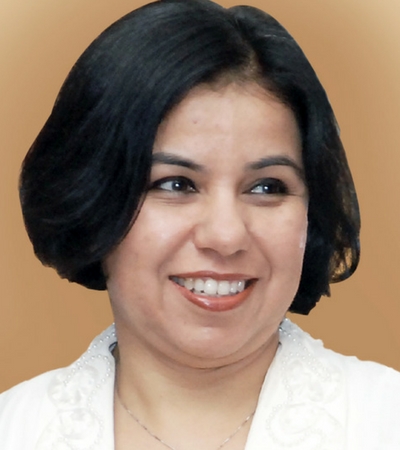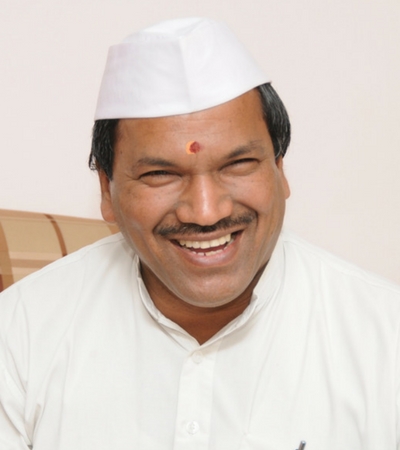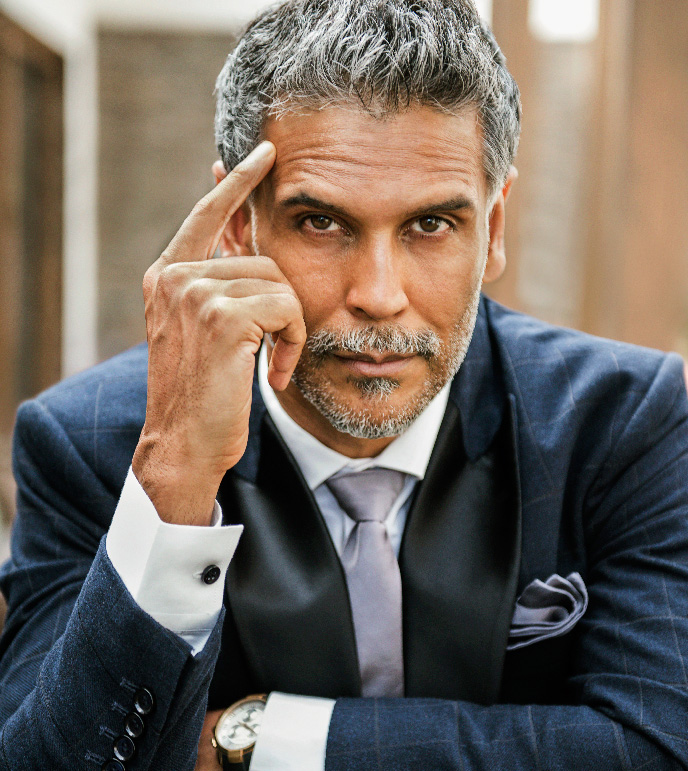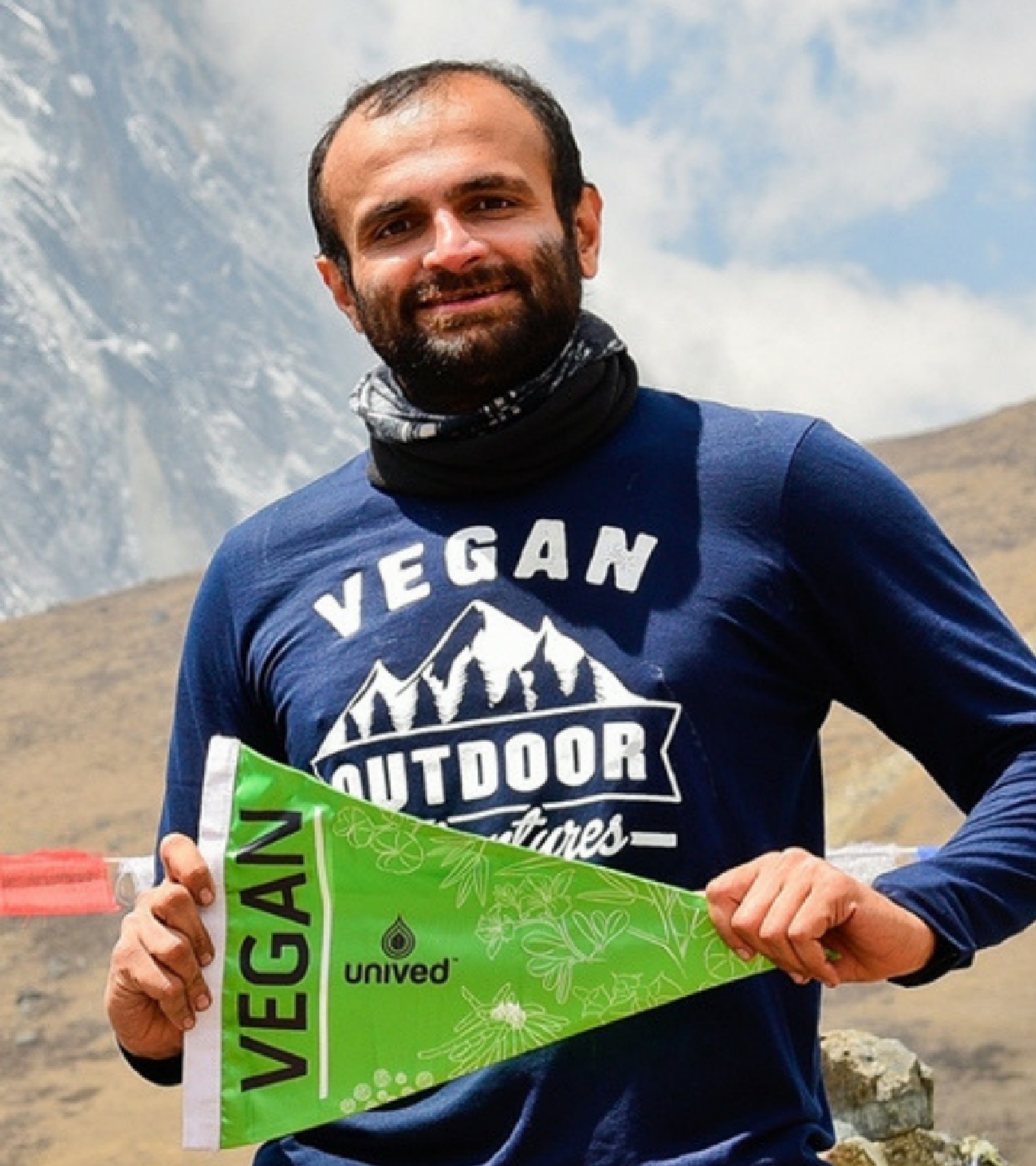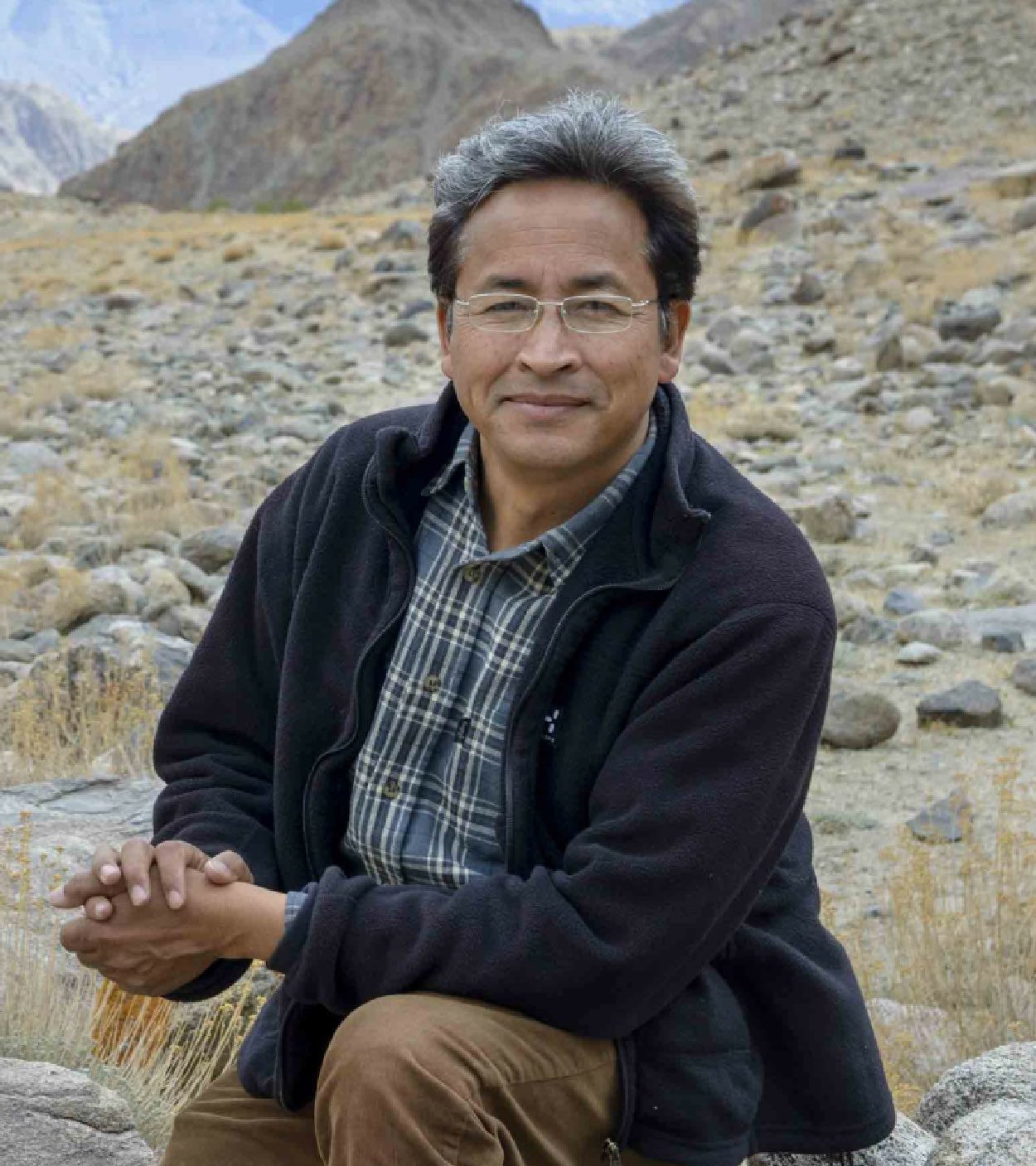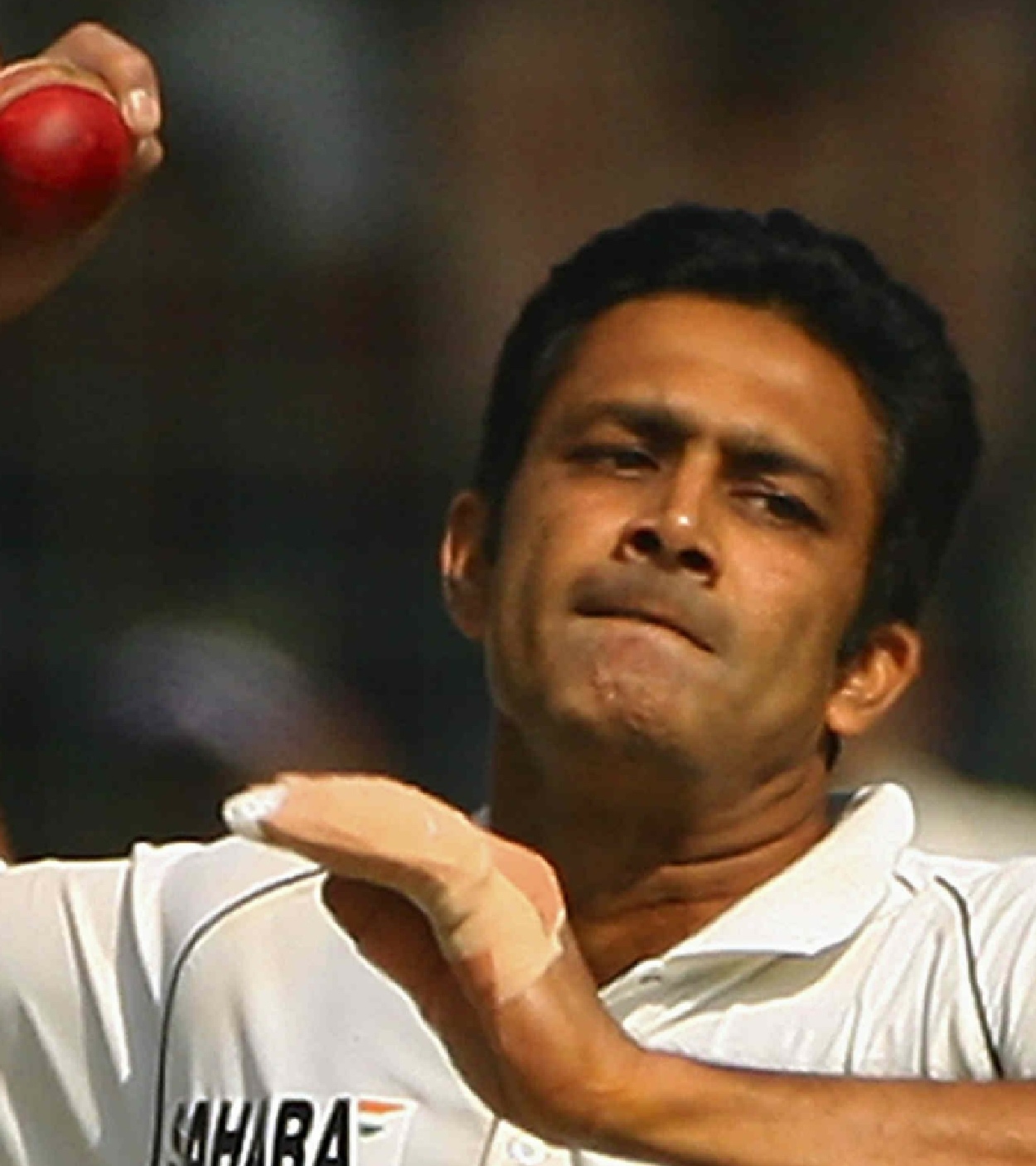- Home
- About
- Services
-
Speakers
- Motivation/Inspiration
- Leadership
- Women & Leadership
- Business Leaders
- Entrepreneurs
- Sports & Adventure
- Future & Technology
- Innovation
- Social media
- Celebrities
- Team Building
- Health & Wellness
- Media/ Marketing
- Authors
- Communication/ Negotiation
- Journalists
- Global Affairs & Politics
- War & Defense
- Economics & Finance
- Entertainers
- Comedians
- Hosts
- Diversity
- Industry experts
- Environment
- Professors/ Scholars
- Social Activists
- Human Resources
- TEDx Speakers
- Indian Regional
- Mythology & Literature
- CSR
- Spirituality & Mindfulness
- Youth
- Exclusive Speakers
- Cinema & The Arts
- Influencers
- All Speakers
- Events
- Contact Us
- Wish List
Chetna Sinha
Social Actvist I Entrepreneur
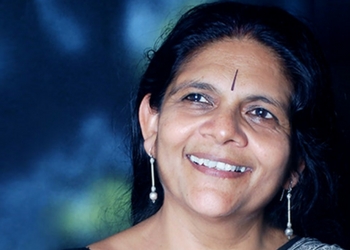
Who am I
An economist, farmer, and activist, Chetna Gala Sinha works for social change in some of the poorest and most drought-stricken areas of rural India. She founded and is currently the president of the Mann Deshi Mahila micro-enterprise development bank. 100 per cent of Mann Deshi clients are poor women with annual incomes averaging 40 rupees ($1) per day. The Bank currently has 4 branches, over 58,000 clients and 5,600 members, and conducts 930 transactions on a daily basis. The bank provides services to over 2,359 Self Help Groups, each with 10-20 women. Chetna also founded Mann Vikas Samajik Sanstha NGO, which strives to enhance the economic empowerment and advancement of rural women through savings and lending, education, property rights, and social security initiatives. Most recently, Chetna started Mann Deshi Udyogini Business School for Rural Women. This micro-business school is the first of its kind in India and seeks to provide women with formal training in practical, income-generating areas.
Through the initiatives of the Bank and NGO, Chetna has promoted a holistic approach to helping women in rural areas – one that combines economic activity with the educational tools and health care necessary for leading a productive life. Each success story has inspired new innovation and creativity, and Chetna credits the rural women she is serving as her consistent inspiration to expand the services and capabilities of the Bank and the NGO in order to better meet their needs.
Chetna was honored with the 2005 Jankidevi Bajaj Puraskar award for rural entrepreneurship. This national award honors a woman who has made an outstanding contribution to the uplift and welfare of women and children, particularly in rural areas. Recently, the Business School for Rural Women received worldwide attention when the Economist mentioned it in its “News from the schools” report. Chetna is the mother of three sons and lives in Mhaswad, where Mann Deshi Mahila Bank has its headquarters. Born in Mumbai, she earned her Masters degree in Commerce and Economics from Mumbai University in 1982. Chetna was a leader in the Jayprakash Narayan student activist movement at the end of the 1970s, which fought for the democratic and basic human rights of the rural and marginalized communities during the Indira Gandhi’s Emergency. She was also actively involved in the landless labor movement carried out by the Chhatra Yuva Sangharsh Vahini in Bihar. Since 1996, she has been organizing women in rural areas of Maharashtra in the fight for their property rights.
She speaks about her journey, Importance of pushing the limits, Basic Human rights and why do we need them. She engages the audience with her bold and confident style.

Who am I
An economist, farmer, and activist, Chetna Gala Sinha works for social change in some of the poorest and most drought-stricken areas of rural India. She founded and is currently the president of the Mann Deshi Mahila micro-enterprise development bank. 100 per cent of Mann Deshi clients are poor women with annual incomes averaging 40 rupees ($1) per day. The Bank currently has 4 branches, over 58,000 clients and 5,600 members, and conducts 930 transactions on a daily basis. The bank provides services to over 2,359 Self Help Groups, each with 10-20 women. Chetna also founded Mann Vikas Samajik Sanstha NGO, which strives to enhance the economic empowerment and advancement of rural women through savings and lending, education, property rights, and social security initiatives. Most recently, Chetna started Mann Deshi Udyogini Business School for Rural Women. This micro-business school is the first of its kind in India and seeks to provide women with formal training in practical, income-generating areas.
Through the initiatives of the Bank and NGO, Chetna has promoted a holistic approach to helping women in rural areas – one that combines economic activity with the educational tools and health care necessary for leading a productive life. Each success story has inspired new innovation and creativity, and Chetna credits the rural women she is serving as her consistent inspiration to expand the services and capabilities of the Bank and the NGO in order to better meet their needs.
Chetna was honored with the 2005 Jankidevi Bajaj Puraskar award for rural entrepreneurship. This national award honors a woman who has made an outstanding contribution to the uplift and welfare of women and children, particularly in rural areas. Recently, the Business School for Rural Women received worldwide attention when the Economist mentioned it in its “News from the schools” report. Chetna is the mother of three sons and lives in Mhaswad, where Mann Deshi Mahila Bank has its headquarters. Born in Mumbai, she earned her Masters degree in Commerce and Economics from Mumbai University in 1982. Chetna was a leader in the Jayprakash Narayan student activist movement at the end of the 1970s, which fought for the democratic and basic human rights of the rural and marginalized communities during the Indira Gandhi’s Emergency. She was also actively involved in the landless labor movement carried out by the Chhatra Yuva Sangharsh Vahini in Bihar. Since 1996, she has been organizing women in rural areas of Maharashtra in the fight for their property rights.
She speaks about her journey, Importance of pushing the limits, Basic Human rights and why do we need them. She engages the audience with her bold and confident style.
Alternative Speakers
Quick Information
Travels From
India
Categories
- Motivation/Inspiration
- Leadership
- Women & Leadership
- Business Leaders
- Entrepreneurs
- Media/ Marketing
- Communication/ Negotiation
- Social Activists
- TEDx Speakers

